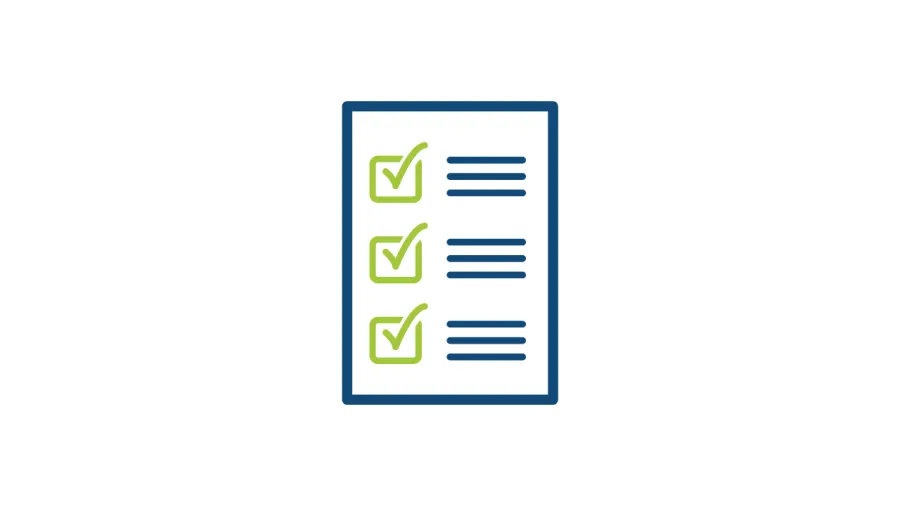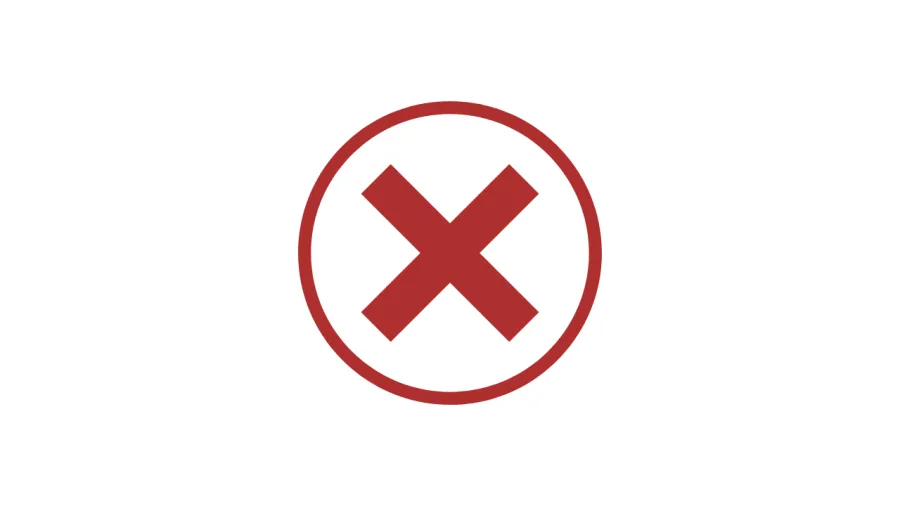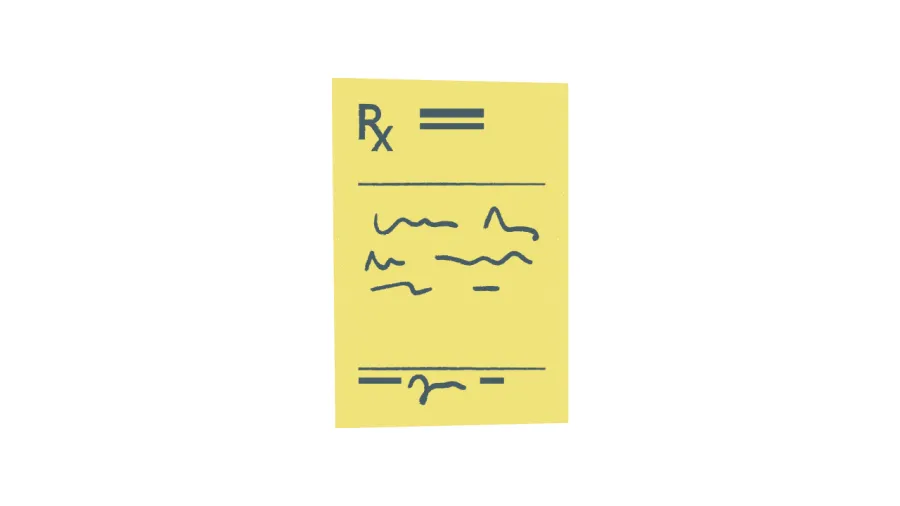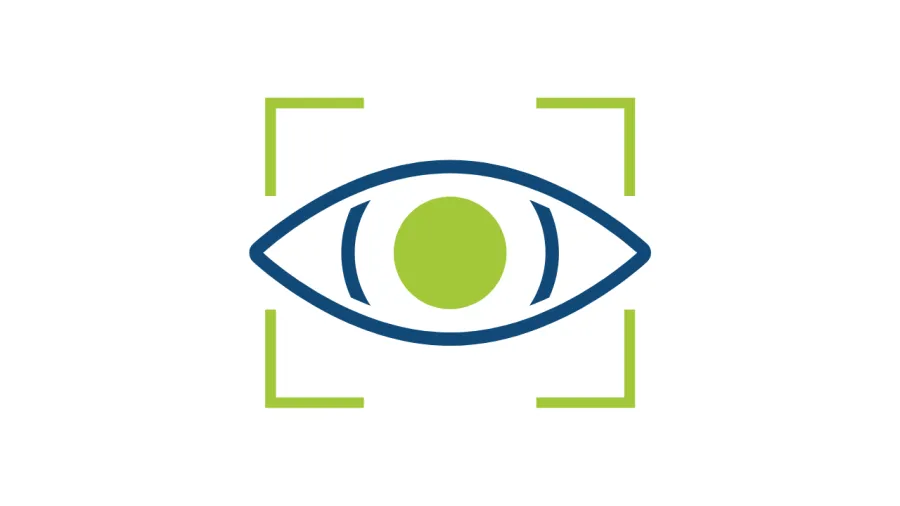
Corporate Compliance
Ensure your entire workforce is wholly committed to your ethical standards, conduct business in compliance with governing laws, regulations and policies.

Corporate Compliance
The Office of Inspector General (OIG) has defined an effective compliance program as one that includes the following:
- Customizing the written policies & procedures
- Designating the compliance officer & committee
- Educating the workforce via consistent training
- Developing effective lines of communication
- Monitoring internal processes & regular audits
- Enforcing standards & policies
- Executing the corrective action plans
HCP's Corporate Compliance Program addresses all seven required elements, including the tools and support you need to stay on track.

Policies & Procedures
Policies pertaining to the Code of Conduct and Corporate Compliance Program will be customized to ensure that workforce members are wholly committed to ethical standards and conducting business in compliance with governing laws, regulations, and policies.

Exclusion List Monitoring
HCP will perform monitoring of all employees, providers, business associates, and vendors on both the OIG's List of Excluded Individuals and Entities (LEIE) and the System Award Management (SAM) exclusion lists.
You will receive a monthly email notifying you of anyone who appears on this list and will be provided instructions on how to handle an exclusion.

Fraud Waste & Abuse (FWA)
There are differences between fraud, waste, and abuse. One of the primary differences is intent and knowledge. Fraud requires intent to obtain payment and the knowledge that the actions are wrong. Waste and abuse may involve obtaining an improper payment or creating an unnecessary cost to the Medicare Program but does not require the same intent and knowledge. Organizations that provide health or administrative services for Medicare enrollees, every action you take potentially affects Medicare enrollees, the Medicare Program, or the Medicare Trust Fund, compliance is required and the responsibility of all. Your HCP Compliance team will help you understand your obligations and fulfill your responsibilities according to your contract with CMS.

Internal Monitoring and Reporting
CMS considers monitoring as ongoing, including conducting analyses and tracking trends to correct issues "in real time". Auditing, on the other hand, is a formal review with a methodical approach and sampling of cases, and those performing audits must be independent of, and not employed by, the department being audited.
Your HCP Compliance team will work with you to establish a protocol to address the monitoring and auditing of your program. For more information about coding audits click here.

Discipline and Corrective Action
Enforcing standards and disciplining the individuals who violate them underscores the organization's commitment to compliance; it's important for the standards to apply to employees at all levels.
Your HCP Compliance Team will provide you with guidance on the investigation of complaints and infractions as well as your grievance procedures, your due diligence will be documented in the software.

Compliance Hotline
Compliance programs operate most effectively in organizations that encourage open lines of communication. Organizations should create and maintain a mechanism to encourage and facilitate candid communication.
You will receive access to an anonymous hotline that will allow your workforce to submit any issues, concerns, or suggestions. You will also be given a toll-free number where anonymous messages can be left. HCP will transcribe these messages and relay them (anonymously) to designated leadership within your organization.

Stark Law & Anti-Kickback Statute
Receive guidelines to comply with the Stark Law that prohibits a physician from referring Medicare patients from designated health services to an entity with which the physician has a financial relationship and the Anti-Kickback Statute that prohibits offering, paying, soliciting, or receiving anything of value to induce or reward referrals or generate Federal health care program business.

Medical Assistant Credentialing
In the event that you have any non-certified medical assistants that you need to perform the CPOE function in your EMR, you can have them take our approved Medical Assistant Credentialing course which, upon passing, allows non-certified MAs to perform this function.
Corporate Compliance FAQs
Q What is corporate compliance?
Corporate compliance refers to an organization's adherence to laws, regulations, guidelines, and ethical standards set by governing bodies, industry regulators, and internal policies. It ensures businesses operate within legal boundaries, act ethically, and mitigate risks.
Q Why is corporate compliance important?
Industry regulators require corporate compliance for several reasons:
Legal Protection
By complying with laws and regulations, businesses minimize the risk of legal consequences, including fines, penalties, and reputational damage.
Ethical Behavior
Compliance promotes ethical practices, creating a positive brand image and fostering trust among customers, partners, and stakeholders.
Risk Mitigation
Compliance programs help identify and mitigate potential risks associated with legal violations, financial mismanagement, fraud, or data breaches.
Competitive Advantage
Businesses with strong compliance programs tend to attract more investors, clients, and business partners who value transparency and integrity.
Q Do all businesses need corporate compliance programs?
Yes, all businesses should have corporate compliance programs regardless of size or industry. Compliance applies to large corporations, startups, small businesses, non-profits, and even sole proprietorships. The level of complexity may vary, but compliance remains essential for any organization to uphold ethical standards, protect against legal risks, and maintain a trustworthy reputation.
Q What are the key factors to know about corporate compliance?
Compliance Culture
Establishing a strong compliance culture involves promoting an ethical environment, fostering open communication, and ensuring that employees understand the importance of compliance.
Regulatory Knowledge
Corporations must stay informed about relevant laws, regulations, and industry standards. Regularly review and update compliance policies and procedures to maintain alignment with legal requirements.
Internal Controls
Implementing effective internal controls helps prevent and detect non-compliance. These controls include internal audits, segregation of duties, risk assessments, and whistleblower mechanisms.
Training And Education
Provide comprehensive training programs to educate employees about compliance obligations, internal policies, and ethical behavior. Regularly refresh training materials to reflect any regulatory changes.
Monitoring And Enforcement
Establish mechanisms to monitor compliance activities, identify potential issues, and enforce consequences for non-compliance. Conduct periodic assessments and audits to ensure the effectiveness of compliance programs.
Remember, corporate compliance is an ongoing process that requires commitment and continuous improvement. Seek legal counsel or consult compliance professionals to tailor your program to the specific needs of your organization.
